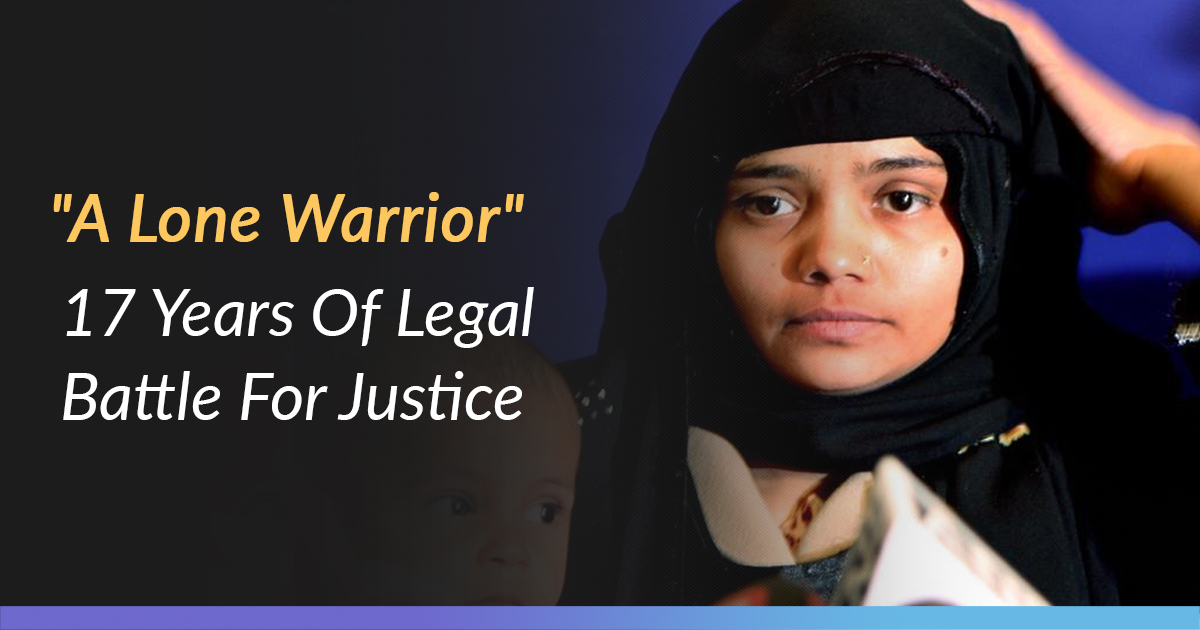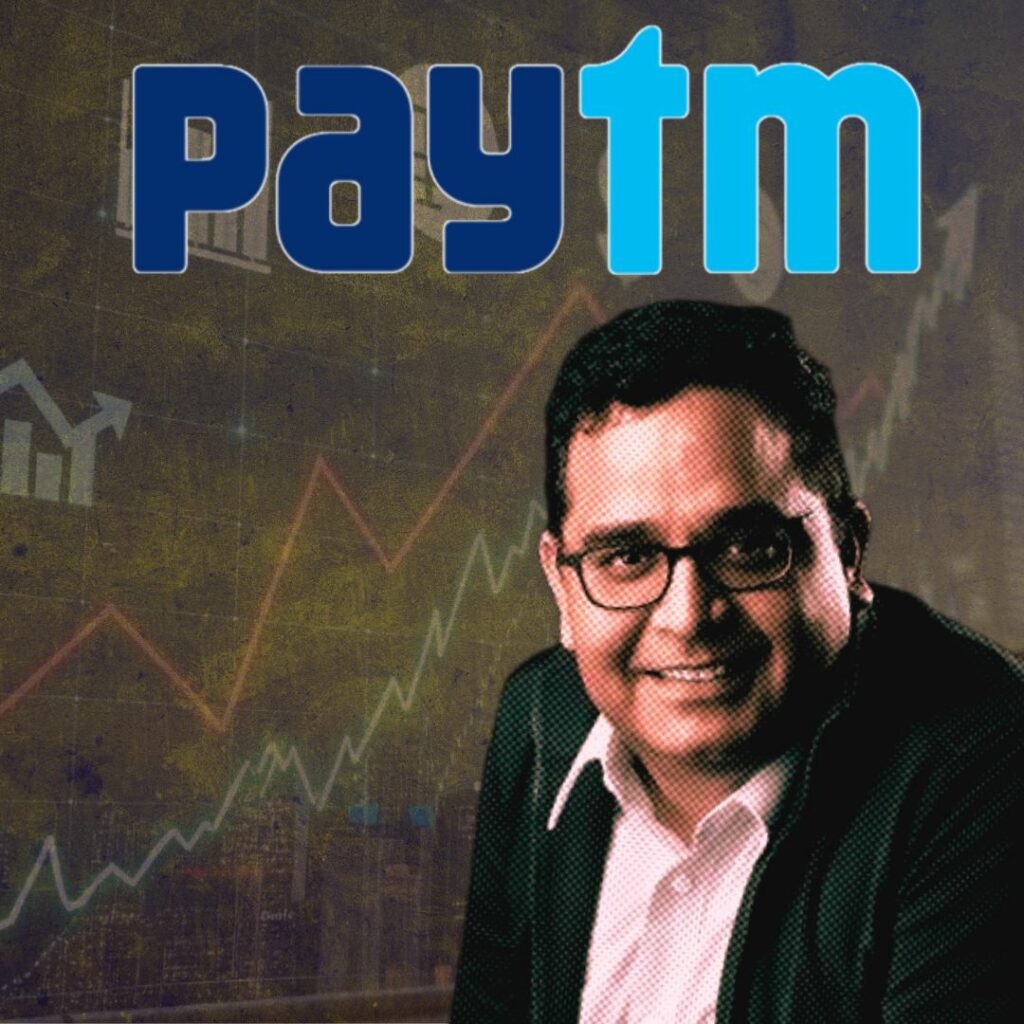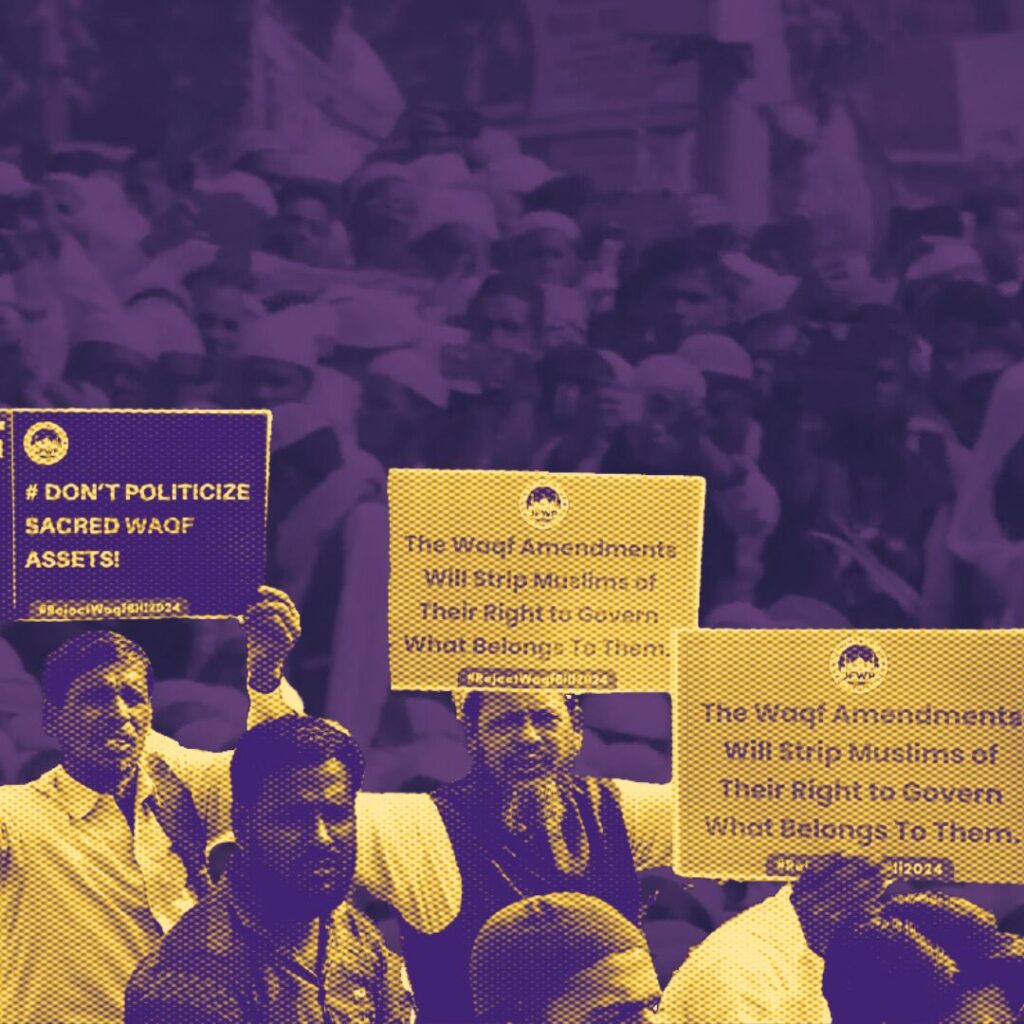The Gujarat government on Tuesday, April 23, was directed by the Supreme Court to give a compensation of Rs 50 lakh within two weeks to Bilkis Bano, who was gang-raped during the 2002 riots. The state government was also asked to provide Bano with government accommodation and government job.
In the aftermath of the Godhra train burning in Gujarat, Bano was fleeing the violence when she was gang-raped in Randhikpur village on March 3, 2002. 14 members of her family were murdered.
The Bombay High Court set aside the acquittal of seven people including doctors and policemen and upheld the life imprisonment and conviction of 12 perpetrators on May 4, 2017.
Giving the benefit of the doubt and acquitting two government doctors and five police officers, the trial court on January 21, 2008, had sentenced 11 people to life imprisonment.
The state government last month was asked by the Apex Court to complete disciplinary action against police officials who the Bombay High Court had convicted, reported The Indian Express. Earlier, the Gujarat government had offered Bano a compensation of Rs 5 lakh, which she had refused to accept.
The Bilkis Bano case
2002 witnessed violent communal riots in Gujarat – a Mumbai Court called it a genocide. It is estimated that over 2000 people lost their lives in the rioting; most of the victims belonged to the state’s Muslim minority.
In the midst of this violent vortex of arson, murder, and vandalism was 19-year-old Bilkis Bano. She lived in the village of Randhikpur, which was attacked by bloodthirsty mobs in the morning of 28 February. Consequently, the Muslims of Randhikpur fled the village in search of refuge elsewhere.
On March 3, 2002, a truck carrying 17 people – including Bano and her family – was fleeing the violence in search of refuge. While they were moving on the kachcha road, 35 people carrying weapons like swords, sickles and sticks came shouting “Aa rahya Musalmano, emane maaro, kaato” (these are the Muslims, kill them, cut them) in two white vehicles. The mob engaged in the acts of sexual assault, rape and killing of the people in the truck.
They brutally gang-raped Bano, who was at that time five-months pregnant, became unconscious. The assailants left her to die.
Around three hours later, Bano woke up to find herself naked amidst the 14 dead bodies. 14 people – including four women and four children – were killed on 3 March 2002. Attackers crushed Bano’s three-year-old daughter’s head on a stone, while she herself was gang-raped and left for dead.
The events of 3 March were one of the countless human rights outrages during the Gujarat riots. The perpetrators of that day’s disgusting events would have remained unpunished had it not been for the long crusade for justice led by Bano.
The CBI’s investigation
In early 2004, the CBI began making arrests. In its report, the CBI severely indicted the Gujarat police and informed the SC that the security of the witnesses and Bilkis herself was under threat. Bilkis filed an additional petition asking for the case to be transferred outside Gujarat – the SC duly transferred the case to a Special Court in Mumbai.
The CBI stated that the depraved act of gang raping a pregnant woman and multiple murders, including that of an infant, amounted to the rarest of rare case. The CBI pitched for the death sentence for three of the convicts in the case. CBI counsel Hiten Venegaonkar submitted that in the present case the motive was to “harm and terrorise the members of the minority community by attacking, murdering and committing rape on the defenceless,” and that brutality of the crimes was proved as those killed included a three-year-old, a ten-year-old and a 12-year-old.
He said, “Bilkis Bano and her mother were gang-raped in front of each other … It is not disputed that persons from one particular community were assaulted, murdered and raped.” These factors, according to CBI constituted “aggravating factors” meriting capital punishment.
The Special Court’s verdict
In January 2008, the Special Court sentenced 11 accused to life imprisonment and a fine of Rs 2000 on each count in the Bilkis Bano case. The Court also ruled that this was not the rarest of rare cases to warrant the death penalty.
An appeal was filed by the convicts against the Special Court’s verdict in the Bombay High Court. Nine years later, the Bombay HC upheld the Special Court’s verdict and rejected the appeal.
And with that, Bilkis Bano’s 15-year-long crusade for justice ended with victory for her.
She fought for Justice, not for revenge. The case of a living legend- Bilkis Bano.
Kapil Agarwal ಅವರಿಂದ ಈ ದಿನದಂದು ಪೋಸ್ಟ್ ಮಾಡಲಾಗಿದೆ ಶನಿವಾರ, ಮೇ 13, 2017
Also Read: At 19, She Was Gang Raped & 14 Of Her Family Members Were Killed; Yesterday, She Got Justice










